Never ever judge anyone. You don't know their story and what's really going on
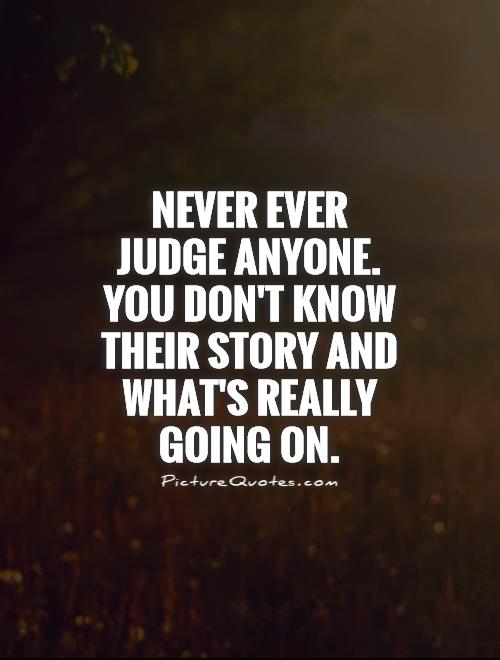
Never ever judge anyone. You don't know their story and what's really going on
The saying "Never ever judge anyone. You don't know their story and what's really going on" holds a lot of truth in our daily interactions with others. It is easy to make assumptions about people based on their appearance, actions, or words, but we often fail to consider the full picture of their lives and experiences. This can lead to misunderstandings, hurt feelings, and unfair treatment of others.When we judge someone, we are essentially making a snap decision about who they are without taking the time to understand their background, struggles, or motivations. We may see someone who is rude or distant and assume they are a bad person, when in reality they may be dealing with personal issues or trauma that is affecting their behavior. By jumping to conclusions and passing judgment, we are not only doing a disservice to the other person, but also limiting our own ability to empathize and connect with them on a deeper level.
It is important to remember that everyone has a story, a history, and a set of circumstances that have shaped who they are today. By taking the time to listen, ask questions, and show compassion, we can gain a better understanding of where someone is coming from and why they may act the way they do. This can lead to more meaningful relationships, increased empathy, and a greater sense of unity and understanding within our communities.
In the context of "don't judge words," it is especially important to consider the impact of our words on others before passing judgment. Words have the power to uplift, inspire, and connect people, but they can also hurt, divide, and alienate. By being mindful of the words we use and the way we communicate with others, we can create a more positive and inclusive environment where everyone feels valued and respected.
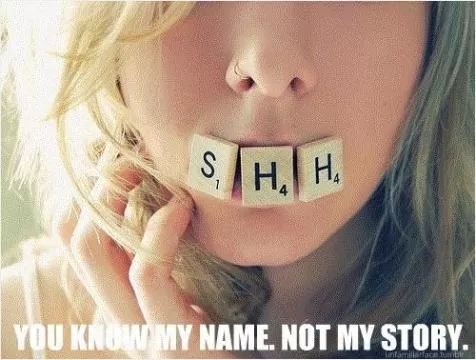

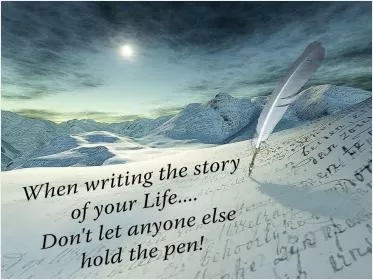
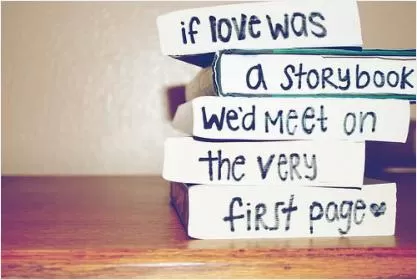
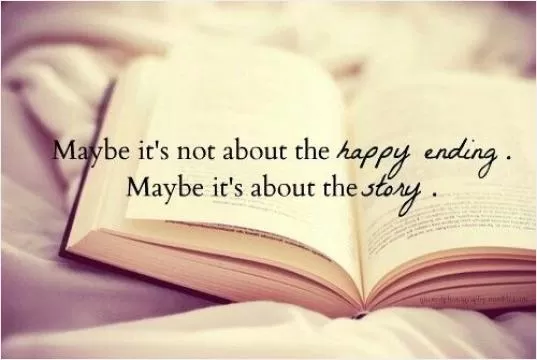
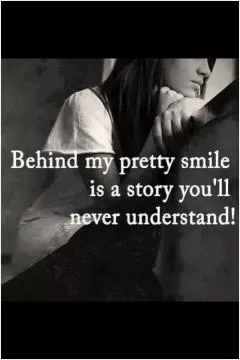



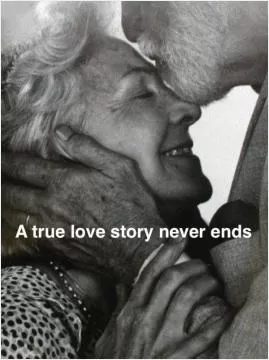
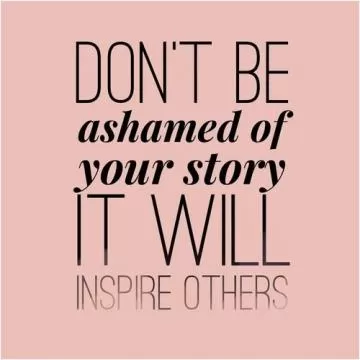
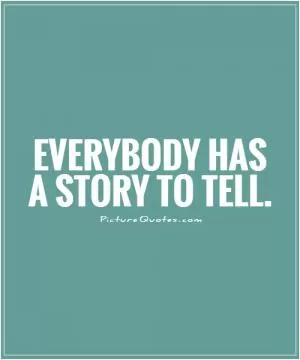
 Friendship Quotes
Friendship Quotes Love Quotes
Love Quotes Life Quotes
Life Quotes Funny Quotes
Funny Quotes Motivational Quotes
Motivational Quotes Inspirational Quotes
Inspirational Quotes